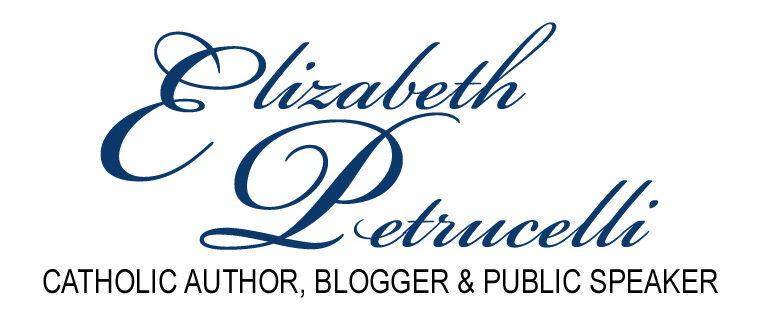I’m going to take a short break from the series of posts on the Latin Mass and turn towards my my popular post on this blog. I never in a million years would have suspected that blog post would bring so much traffic to my blog but it tells me so much about our world…
Tag: childbirth education
What Pregnancy is this for you?
I remember when I attended my last pregnancy prenatal yoga class. On the first day, the instructor asked, “What pregnancy is this for you?” She asked all the attendees. She started with “Raise your hand for #1,” then said, “#2?” “#3?” With each number, women would raise their hands but she stopped at #3. I…
What Does it Mean to Bring a Baby “Earthside” and Why it’s Offensive
It’s a term I have heard over and over. In fact, I have used the term in the past but now, I can no longer use the term. It’s offensive! It makes my stomach turn each time I hear it and it’s now considered a trigger. Earthside…or as most often used: “Bringing Baby Earthside.” A…

